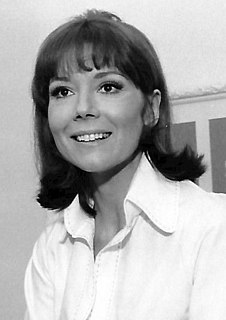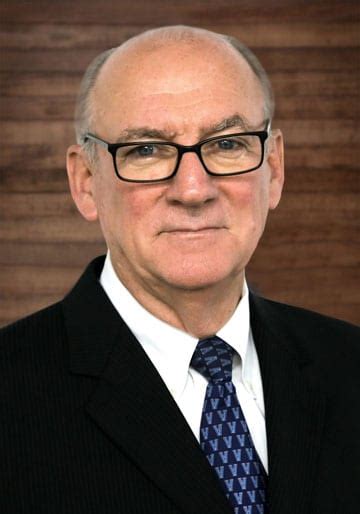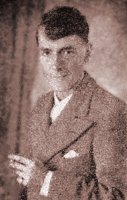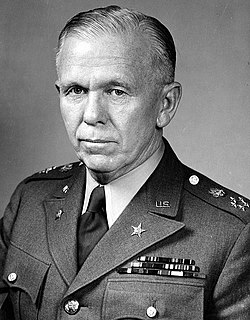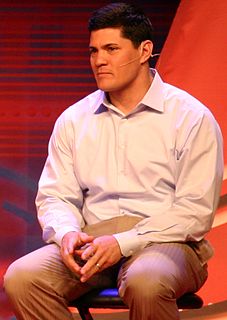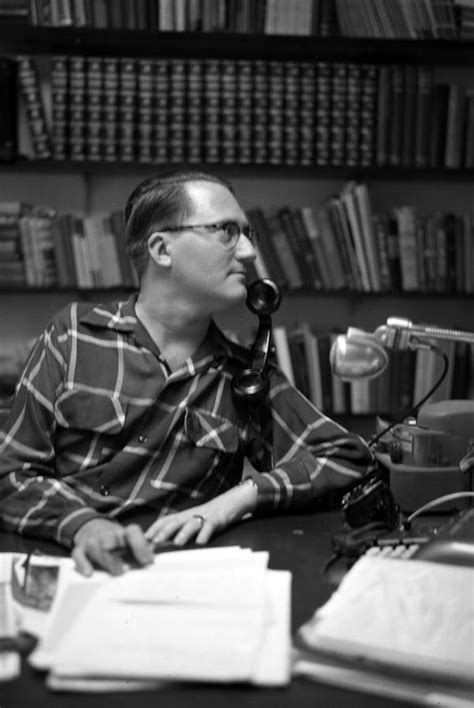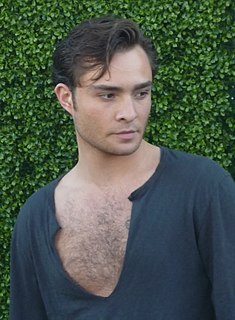A Quote by Steven Morrissey
Music is like a drug, but there are no rehabilitation centres.
Quote Topics
Related Quotes
We all have--to put it as nicely as I can--our lower centres and our higher centres. Our lower centres act: they act with terriblepower that sometimes destroys us; but they don't talk.... Since the war the lower centres have become vocal. And the effect is that of an earthquake. For they speak truths that have never been spoken before--truths that the makers of our domestic institutions have tried to ignore.


